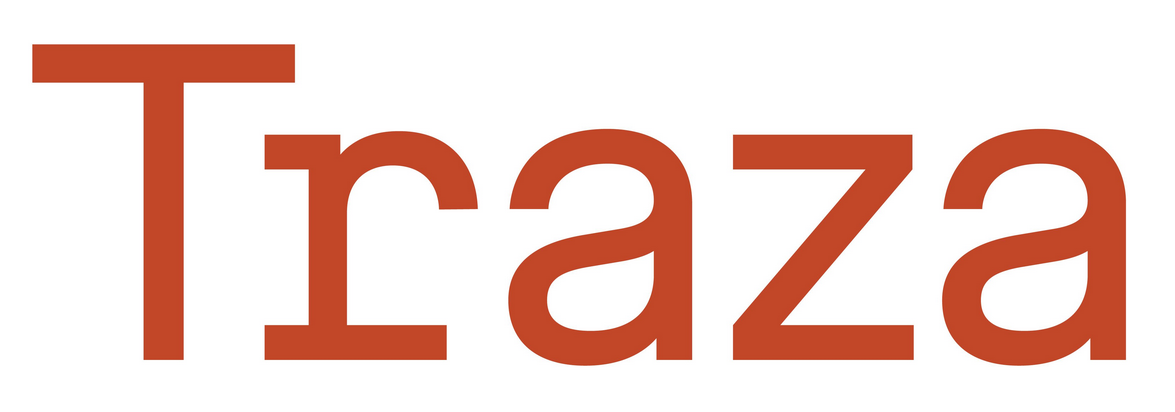



TRAZA FURNITURE, S.L.

Catalonia, Spain
December 2023
Furniture
Wholesale/Retail
France,
Spain,
Switzerland
En Traza seleccionamos, vendemos y distribuimos mobiliario, accesorios y equipamiento para espacios de uso público y privado. Proponemos un nuevo modelo en el que nuestras elecciones personalizadas para cada cliente basadas en la calidad y el propósito son parte de nuestro ADN. Entendemos el mobiliario como productos cuya función es almacenar, colocar o suspender objetos y/o proporcionar superficies donde los usuarios puedan descansar, sentarse, comer, estudiar o trabajar, ya sea para uso interior o exterior. Además, entendemos la calidad y la estética de los muebles como un elemento primordial que influye en la experiencia de las personas y en la armonía de los espacios. Apoyamos firmemente un cambio hacia la circularidad, afectando a toda la cadena de valor, desde los materiales hasta la energía, asegurando que los productos de nuestras selecciones puedan ser reutilizados, renovados, remanufacturados y reciclados. Conocer el impacto de la industria del mueble en todas sus dimensiones y su potencial de mejora es un buen punto de partida para tomar decisiones estratégicas que marquen la diferencia. En Traza, estamos comprometidos a liderar este cambio y a guiar a nuestros clientes hacia elecciones más sostenibles y responsables.
Overall B Impact Score
Governance 14.1
Governance evaluates a company's overall mission, engagement around its social/environmental impact, ethics, and transparency. This section also evaluates the ability of a company to protect their mission and formally consider stakeholders in decision making through their corporate structure (e.g. benefit corporation) or corporate governing documents.
What is this? A company with an Impact Business Model is intentionally designed to create a specific positive outcome for one of its stakeholders - such as workers, community, environment, or customers.
Governance 14.1
Governance evaluates a company's overall mission, engagement around its social/environmental impact, ethics, and transparency. This section also evaluates the ability of a company to protect their mission and formally consider stakeholders in decision making through their corporate structure (e.g. benefit corporation) or corporate governing documents.
What is this? A company with an Impact Business Model is intentionally designed to create a specific positive outcome for one of its stakeholders - such as workers, community, environment, or customers.
Workers 23.9
Workers evaluates a company’s contributions to its employees’ financial security, health & safety, wellness, career development, and engagement & satisfaction. In addition, this section recognizes business models designed to benefit workers, such as companies that are at least 40% owned by non-executive employees and those that have workforce development programs to support individuals with barriers to employment.
Community 16.4
Community evaluates a company’s engagement with and impact on the communities in which it operates, hires from, and sources from. Topics include diversity, equity & inclusion, economic impact, civic engagement, charitable giving, and supply chain management. In addition, this section recognizes business models that are designed to address specific community-oriented problems, such as poverty alleviation through fair trade sourcing or distribution via microenterprises, producer cooperative models, locally focused economic development, and formal charitable giving commitments.
Environment 25.5
Environment evaluates a company’s overall environmental management practices as well as its impact on the air, climate, water, land, and biodiversity. This includes the direct impact of a company’s operations and, when applicable its supply chain and distribution channels. This section also recognizes companies with environmentally innovative production processes and those that sell products or services that have a positive environmental impact. Some examples might include products and services that create renewable energy, reduce consumption or waste, conserve land or wildlife, provide less toxic alternatives to the market, or educate people about environmental problems.
Customers 3.6
Customers evaluates a company’s stewardship of its customers through the quality of its products and services, ethical marketing, data privacy and security, and feedback channels. In addition, this section recognizes products or services that are designed to address a particular social problem for or through its customers, such as health or educational products, arts & media products, serving underserved customers/clients, and services that improve the social impact of other businesses or organizations.